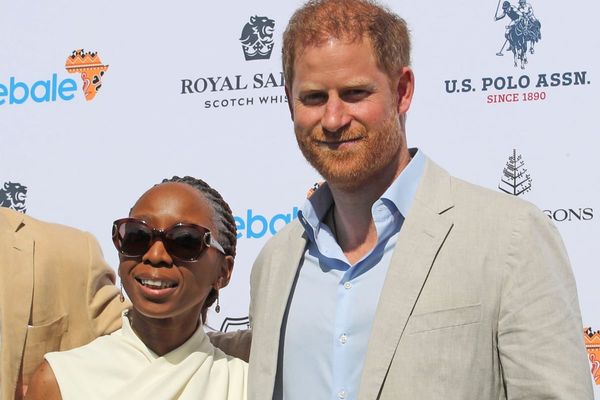
There is a “strong possibility” of further nurses’ strikes in January, a union leader has warned as the winter of industrial discontent continues.
Walkouts are currently planned for Thursday 15 and Tuesday 20 December, and the NHS is training military personnel to help keep services running during what will be the largest action of its kind in health service history.
Asked whether there will be more strikes by nurses, Pat Cullen, chief executive of the Royal College of Nursing (RCN), told Sky News: “Well the ball’s in their court quite frankly.
“There will be a second day on 20 December and unless we have talks and unless we are able to negotiate on behalf of my members then I’m afraid to say that’s a very strong possibility and already we will be starting to look at when those dates could be.
“I’m afraid that they will continue into January.”
Speaking to BBC Newsnight shortly afterwards, Ms Cullen said “nothing at all” had been done to prevent the ever-closening nurses’ strike, and accused the government of turning its back on health workers.
Asked why not, she said: “Well, I don’t think that’s a question you can ask me. I’ve said time and time again, regardless of whether it’s day or night, I am absolutely up for getting into a room and speaking to anyone that has the authority and power to do something to avert the strike.
“But once again, we find... that the government has turned their back on us. And as a consequence, and with a very, very heavy heart, our nurses will find themselves on picket lines tomorrow, hundreds of thousands of nurses will withdraw their labour tomorrow as a consequence of not being listened to.”
The UK government has called RCN’s 19 per cent pay rise demand “unaffordable” and “unrealistic” – a stance met with vehement cross-party criticism.
On Wednesday, former Conservative party chairman Sir Jake Berry called on the government to “improve its offer” on nurses pay.
“They (some nurses’ unions) asked for 19 per cent, the government offers three or four or whatever it is, and they’re going to meet somewhere in the middle,” he told Talk TV.
“We need to find a way as a government, and the union does too, to get to that centre point, that point of agreement straight away.”
He added: “That has to involve the government increasing its offer.
“I don’t know what a reasonable figure would be. I can tell you that I think 19 per cent is too high, And I can tell you that the government offer is too low.”
In England, the first round of strikes will occur in 51 of 219 hospitals, mental-health trusts and community services.
Walkouts are also going ahead in all of Northern Ireland’s health boards and all but one in Wales.
Members of two major NHS unions in Scotland, Unite and Unison, earlier this week voted to accept an improved pay offer – ending the risk of strike action in the health service by their members.







